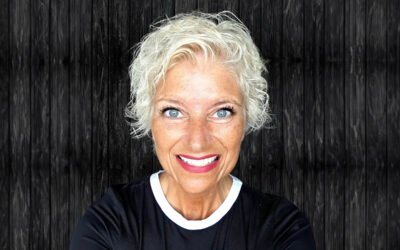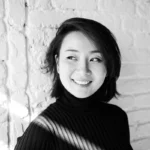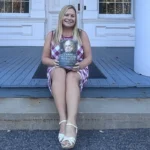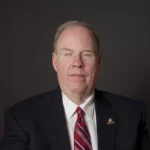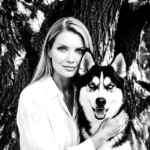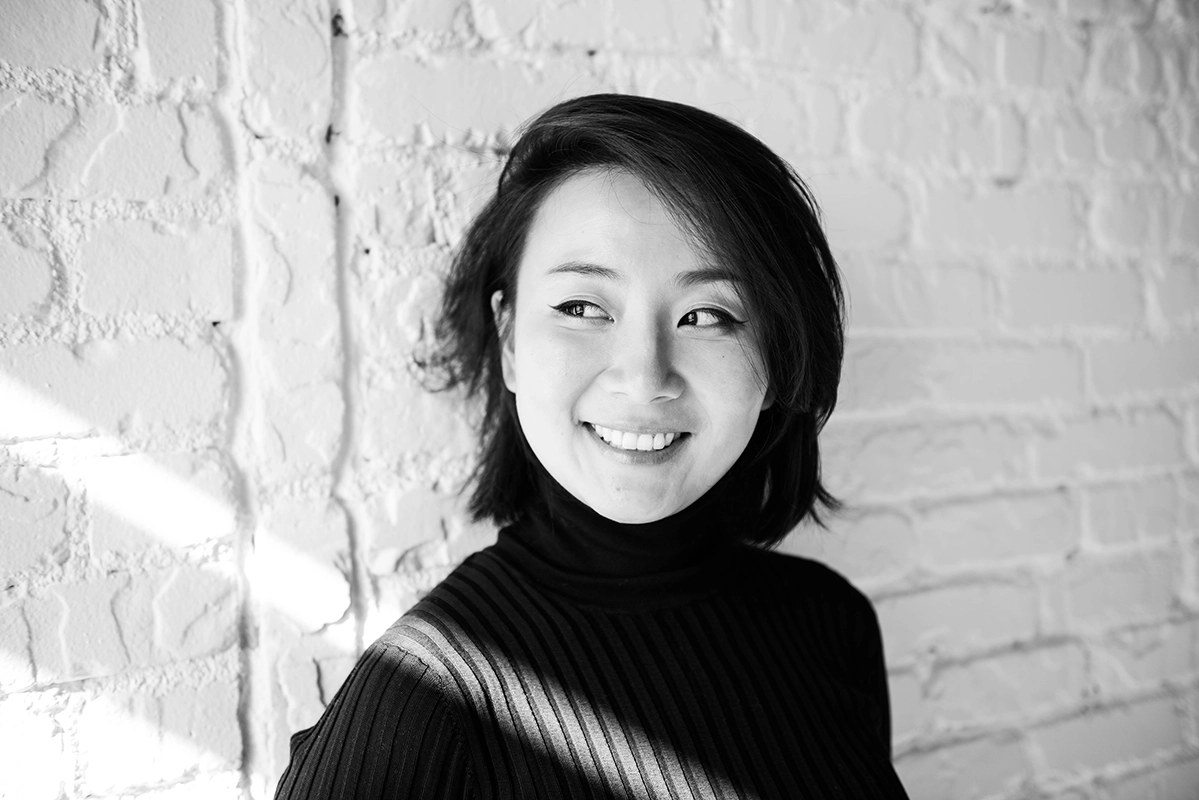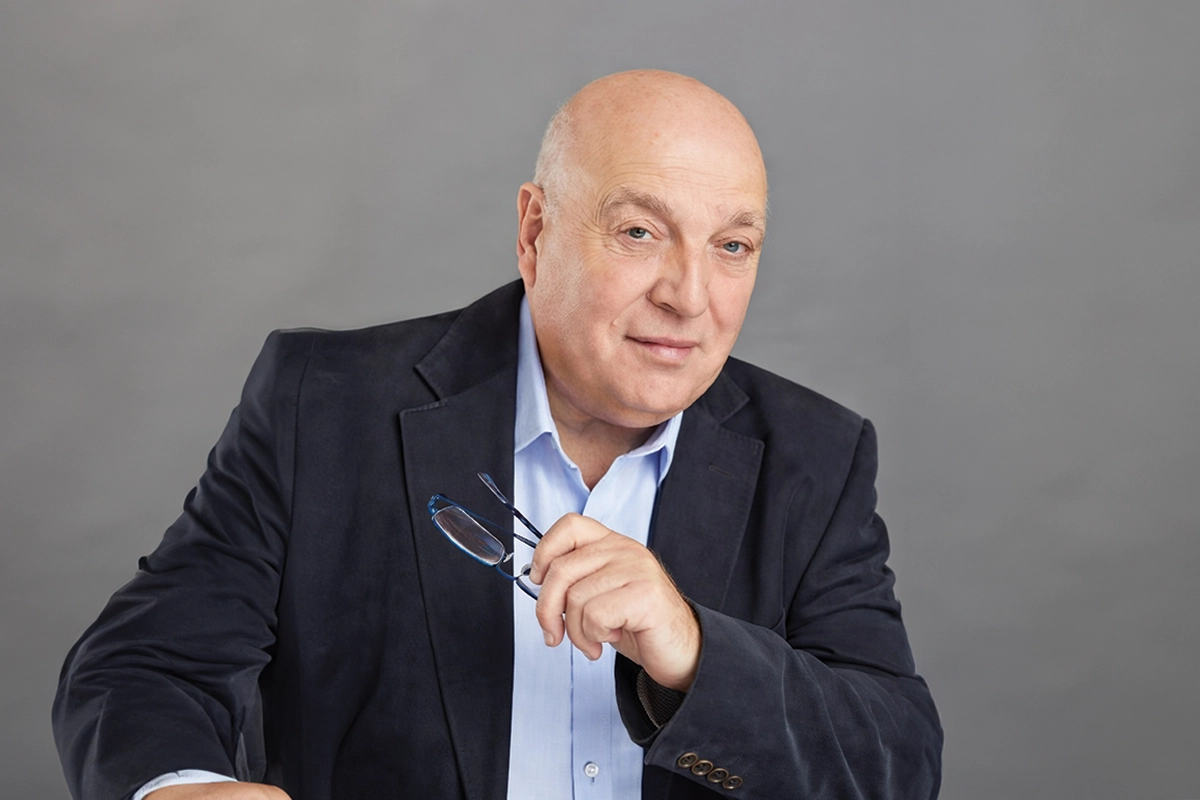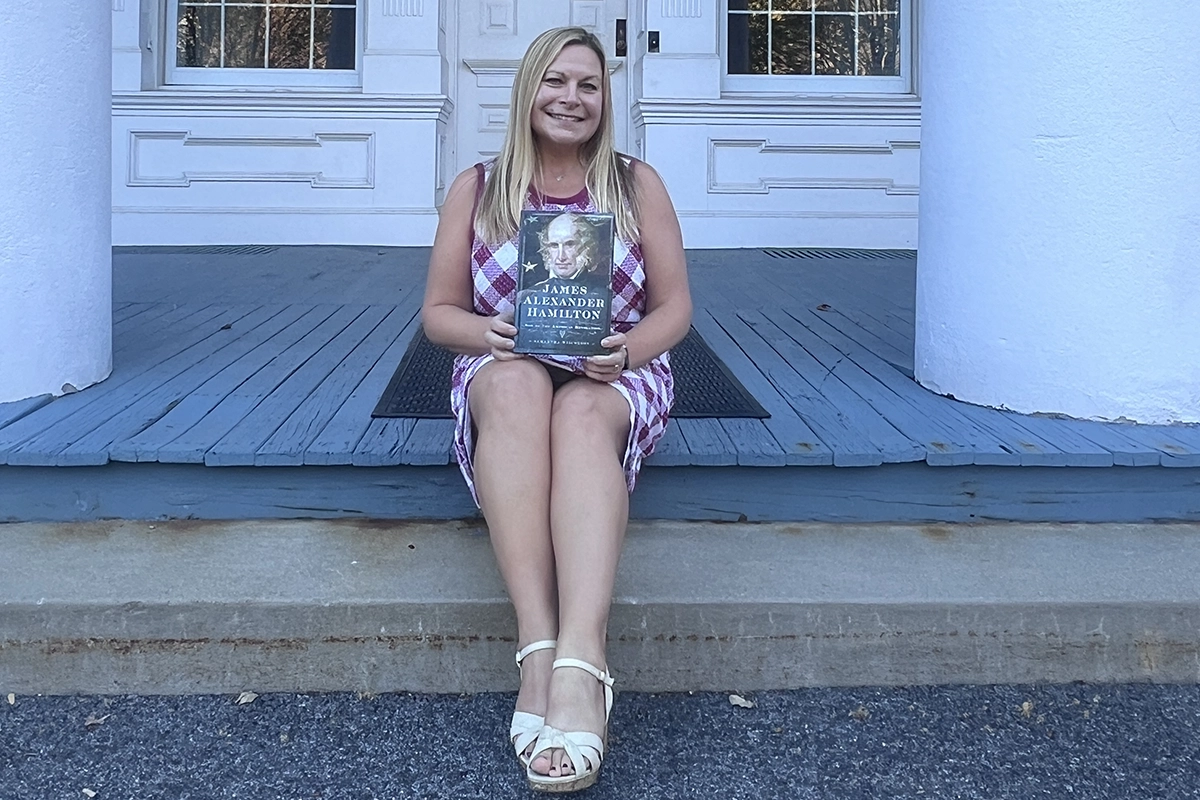Donna Russo Brings Hidden Histories and Timeless Truths to Life Through Powerful, Genre-Spanning Storytelling
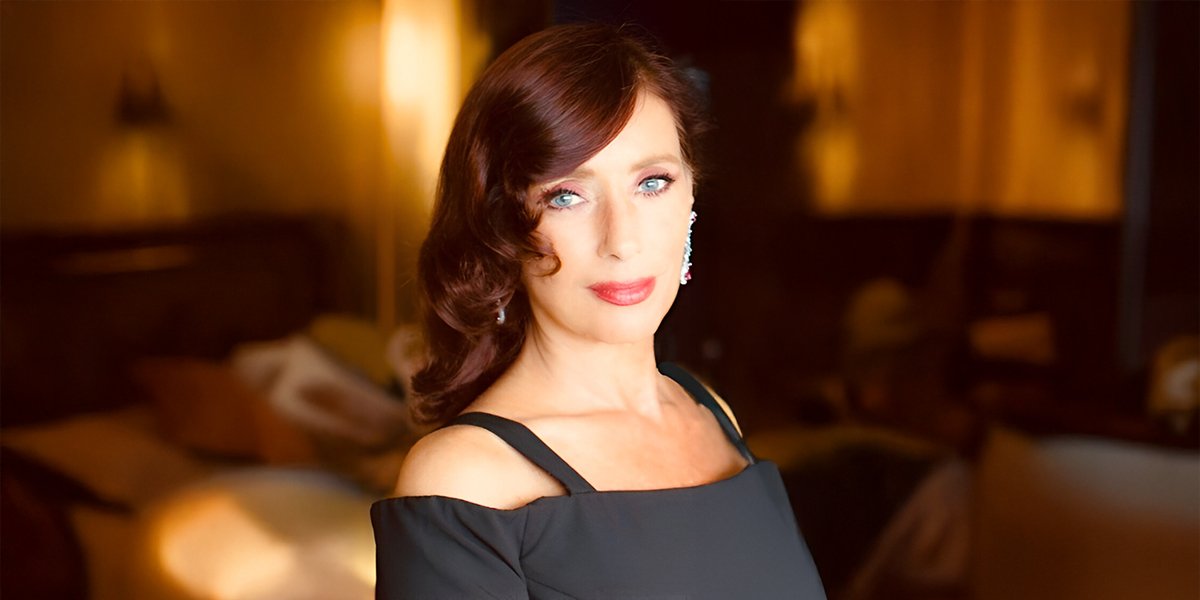
PHOTO: Donna Russo, bestselling author and literary visionary, photographed in her creative element—where history, heart, and imagination seamlessly intertwine.
A Literary Journey Through Art, Love, and Resilience
In this insightful interview, bestselling author Donna Russo discusses the inspirations behind Vincent’s Women, her writing process, historical research, personal influences, and her mission to illuminate untold stories of women.
Donna Russo’s storytelling doesn’t just transport readers through time—it transforms how we see history, humanity, and ourselves. With a pen guided by passion and precision, she brings forgotten voices, hidden truths, and complex women into the light with an artistry that is both literary and luminous. Whether she’s unraveling the mysteries of Vincent van Gogh’s inner world in Vincent’s Women or immersing us in the glittering yet fraught society of Gilded Age Newport, Russo crafts narratives that are as intellectually enriching as they are emotionally resonant.
Her work defies genre boundaries—historical fiction, fantasy, biographical drama—yet each book carries her unmistakable signature: lush prose, meticulous research, and characters who pulse with authenticity. Vincent’s Women in particular stands as a masterful blend of academic rigor and personal revelation, challenging long-held myths while breathing life into those history has long overlooked. It’s no wonder her books have garnered critical acclaim, industry awards, and a global readership devoted to her deeply human storytelling.
But Donna Russo is more than an extraordinary author—she is a force in the literary world. As an award-winning screenwriter, seasoned book coach, and long-time instructor with Writer’s Digest, she has empowered countless writers to find their voice. Her background in acting and the performing arts infuses her characters with emotional truth, while her devotion to mentorship and craft makes her a cherished figure among emerging authors.
It is a privilege to share this intimate conversation with a writer whose work both challenges and inspires. In the following interview, Donna Russo opens up about her creative journey, the emotional and historical depths behind Vincent’s Women, and her tireless dedication to telling the stories that need to be told.
Donna Russo is a masterful storyteller whose richly layered novels elevate overlooked histories and empower readers through unforgettable characters and emotional depth.
What inspired you to write Vincent’s Women: The Untold Story of the Loves of Vincent van Gogh?
It was my personal journey with love that sparked this incredible exploration. Like Vincent, I have faced my fair share of heartbreak and disappointment in romantic pursuits. After yet another first—and last—date that left me feeling disheartened, I returned home, self-pity as my companion. As I glanced around, my gaze fell upon a striking print of one of Vincent’s self-portraits. My eyes locked onto his, and in that moment, I felt compelled to speak to him. “So Vincent,” I mused aloud, “we all know you had a predilection for prostitutes, but surely there was more to your love life than that?”
Though the portrait remained silent, it ignited a fire within me. The very next morning, I plunged headfirst into the depths of Vincent’s life and loves. What I discovered over the following days left me breathless, with revelations that resonated deeply within my own experiences. I realized this was a narrative that needed to be shared—a testament to the complexities of love, longing, and the unyielding human spirit.
How did your research into Vincent van Gogh’s personal letters shape the narrative of Vincent’s Women?
What an extraordinary discovery those letters were—a veritable treasure trove for any historical novelist! Yet, they transcended mere inspiration; they offered a profound glimpse into Vincent’s very existence. Through his own poignant words, many of which I wove into the dialogue of the book, he sprang back to life. Each letter unveiled the raw spectrum of his emotions—his traumas, his triumphs—laid bare for all to see.
For every love, and thus every woman in his life, there was a heartfelt declaration of his true feelings. The responses he received, I hoped, mirrored both logic and emotion, unraveling the women’s untold stories and enriching the narrative tapestry.
“Love takes many forms, wears many faces… but it doesn’t have to diminish us.” — Donna Russo
In Vincent’s Women, you explore new perspectives on Vincent’s life and death. What was the most surprising discovery you made during your research?
A question I like to pose is… What if everything we think we know about Vincent van Gogh is all lies? After three years of dedicated academic and medical/forensic research, I can answer that question quite emphatically: Nothing is quite as we are meant to believe.
While I wish I could speak specifically about the discoveries, I feel strongly that this would lessen the impact and enjoyment for the reader as they come upon them themselves. I can tell you that I write against the myths concerning his mental illness and its root cause, his sexual orientation, the mystery of how he lost his ear and the significance of that loss, and most crucially, the true circumstances of his untimely death.
I hope this book is not just a reexamination of van Gogh’s life, but an invitation for everyone to reconsider the narratives we accept and to search for deeper truths within the stories we tell.
How did you approach creating the voice of Johanna van Gogh Bonger as the guide through Vincent’s story in Vincent’s Women?
If it weren’t for Johanna van Gogh Bonger, the world might never have experienced the profound artistry of Vincent van Gogh. Following the untimely death of her husband, Theo—Vincent’s brother—just six months after Vincent’s passing, Johanna found herself navigating the challenges of single parenthood with a one-year-old child in a time when women had limited opportunities for financial independence. Despite these obstacles, Johanna remained steadfast in her belief in Vincent’s extraordinary talent.
Determined to honor his legacy, she began showcasing his extensive collection of artworks, which had been stored in their home, at various exhibitions. Furthermore, she meticulously compiled and published over a thousand letters exchanged between Vincent and his loved ones, translating them to ensure his voice resonated with a broader audience. This tireless dedication to preserving Vincent’s work and memory has since become an integral part of art history.
In crafting her narrative voice, particularly when portraying the challenging moments of a mother divulging difficult truths to her child, I found a sense of familiarity. As a single mother of two sons, I have faced numerous tough conversations. I tapped into that emotion—the need to tell, the fear of what it will bring—and hopefully rendered it well on the page.
“Rumors are the lowest form of how others can feel better about themselves. Don’t allow it.” — Donna Russo
What message or feeling do you hope readers take away from Vincent’s Women?
The most important message—one I learned myself through a challenging life (so far)—is that love takes many forms, wears many faces. Not all of them serve us; some wound us terribly. But it doesn’t have to diminish us. Nor do we need romantic love to complete us. We can all reach great heights with it or without it. The true challenge lies in the courage to do so.
There’s another message, one perhaps not so apparent, but one still, to me, vitally important…rumors can ruin lives. What we believe to be the truth about Vincent is based on nothing but rumors. Nor has his life been the only one maligned through history by rumor. Rumors are the lowest form of how others can feel better about themselves. Don’t allow it.
Your novels often highlight the struggles and triumphs of women throughout history. What draws you to these kinds of stories?
I was born in 1958. That meant that my childhood took place in the ‘60s…during the Vietnam War, Watergate, the moon landing, the civil rights movement, and the women’s movement. All were very influential in shaping my viewpoints on these issues. As the granddaughter of four Italian immigrants, the latter—women’s rights—was an issue taking place under my own roof. I would not be held down, pushed down, or not listened to.
Though I came to adulthood in the ‘70s, not much had changed. I experienced sexual harassment in the workplace, being passed over for promotions, and more…and worse. I felt then, when I was just starting to work towards becoming a novelist, that I had to use my words not only to entertain, but to enlighten. I hope that by doing so, I can illuminate the many women throughout history who have contributed significantly to our world but who are still living in obscurity.
“I had to use my words not only to entertain, but to enlighten.” — Donna Russo
How has your work in other fields, like acting and book coaching, influenced your writing process?
The work I do with other writers—be it editor, book coach, or ghostwriter—exposes me to a wide variety of genres, allowing me to experience their strengths and their weaknesses. Such exposure, one would hope, enriches my own work, perhaps with greater complexity and layers.
My acting experience is invaluable to me as a writer. I ‘inhabit’ my characters just as I would if I were to portray them on screen. I often read their dialogue as I would read lines. It allows me to hear if they ring true or not. By ‘becoming’ the character I’m writing, I believe I bring a greater authenticity to my characters…and yes, even the men.
Among all your historical novels, which character do you feel most connected to personally, and why?
I would have to choose Viviana from my Da Vinci’s Disciples trilogy. This trilogy was, in fact, inspired by the women who gathered around me as I was going through my divorce. They kept me sane and feeling loved. Viviana is me in the group. She fought, figuratively and literally, for the right to practice her gift, something so familiar to me, as I never received any support to become a writer. I was told to get ‘a real job.’ She had an abusive husband, as I did. But she was able, through factual history, to exact a revenge I never could (or would) in the present day. But, I must admit, there was a great deal of satisfaction in writing it.
The entire story of these women is so triumphant in the face of trauma, they will forever live in my heart.
What challenges did you face shifting between writing historical fiction and fantasy, and how did you overcome them?
My first ‘by lines’ were short horror/fiction stories published in anthologies. I read Lord of the Rings at far too young an age, then again when I was in college. I am a proud Trekker (Star Trek devotee) and am obsessed with Game of Thrones. I’ve played every version of the Legend of Zelda ever released and have a Triforce tattoo. There’s a strong vein of sci/fi running naturally through my veins.
When writing straight historical fiction, there’s still an element of world-building involved. Granted, it’s a world that once existed, but a good historical novelist rebuilds it to the extent that the reader feels as if they are there. This world-building is intrinsic to sci-fi/fantasy. Building a world that never existed with enough details and consistency was my biggest challenge.
In my fourth book, The King’s Agent, which received a starred review in Publishers’ Weekly, I merged aspects of the video game The Legend of Zelda with Dante’s Divine Comedy to create an art quest with a factual, Italian Indiana Jones who happened to be friends with Michelangelo. I created this world as if I were building a video game, one set in Renaissance Italy. And then I novelized and humanized it. It’s a fan favorite (and an extended edition will soon be released)!
For my other fantasy, BIRTH: Once, Upon a New Time, I had to create a world on a blank piece of paper. Rather than doing so while writing, I created what I like to call a history of that world—what I have when writing straight historical fiction—with all its creatures and geographical details, and history. I then used that as a guide while writing the story. The great aspect of being a creative and creating for a living is that we can create whatever we want, most especially while writing fantasy.
“Find a story so incredible that you’re shocked by it, one that you want to know more about. Then write it.” — Donna Russo
What advice would you give to aspiring authors hoping to bring lesser-known historical stories to life?
Find what makes them unique. Find a story that shocks or has the power to change people’s opinions. Find the hook or angle that’s never been used before. Find a story so incredible that you’re shocked by it, one that you want to know more about. Then write it.

